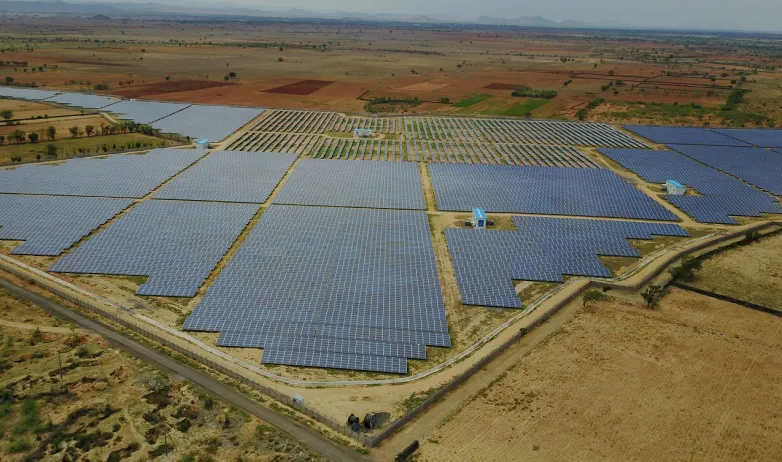India could be in danger of supply and demand mismatch for solar equipment, Fitch warns
- India goes to risk of a supply and also demand mismatch for solar equipment if residential PV manufacturers are not able to meet the amount and also quality called for by project programmers, Fitch Solutions has actually warned.

With brand-new tasks due to enter into impact from 1 April 2022 and also policies on solar equipment imports coming to be stricter, domestic manufacturers will certainly need to accelerate their manufacturing quantity and item quality, the working as a consultant claimed in a new report.
India removed its safeguard task on solar cells and also modules from markets consisting of China and also Malaysia last July, meaning the nation presently has no tax tasks on solar equipment. Nevertheless, this will certainly change in April, when a fundamental customizeds duty of 25% for solar cells as well as 40% for modules will be introduced, giving a boost for residential makers.
"While this is largely a positive action to stimulate the growth of solar manufacturing capabilities in India, the marketplace could not await such an aggressive press yet," Fitch said.
The working as a consultant said it thinks that the government's upcoming tax obligations as well as ban on imports of specific solar equipment will be met with even more resistance as residential manufacturing "will not await an aggressive push".
Solar deployment in India has been historically depending on solar imports from China, Malaysia, Thailand as well as Vietnam, which have all had actually obligations imposed on their module and cell imports recently. Despite these taxes, project developers have actually continued to choose the imported equipment "due to a belief that imported panels are better in quality", Fitch said.
In 2014 India imported more than 80% of its solar cells (unassembled) from China, totaling up to around 604 million units. It stays to be seen whether residential producers can match this amount, according to Fitch.
Since November, India's annual module production capacity was 8.8 GW, while cell production capacity stood at 2.5 GW.
As part of efforts to increase decrease the nation's dependence on international PV equipment imports, the government is carrying out a production-linked incentive (PLI) plan to sustain business that set up integrated solar manufacturing plants.
Having actually been heavily oversubscribed-- 18 prospective buyers submitted 54.8 GW of applications-- the PLI programme is set to be broadened, with an application to sanction extra funds accepted in principle by the federal government, minister of brand-new and also renewable energy, RK Singh, stated in November.
In spite of a potential lack of domestic production capacity, Fitch said the upcoming import duties will decrease India's susceptability to provide chain disruptions and subsequent project delays. Additionally, the Ministry of New and also Renewable resource is said to have actually set in area quality assurance processes for solar manufacturing to make sure that residential solar panels fulfill top quality criteria set by the International Electrotechnical Compensation.
In terms of solar implementation, Fitch claimed the marketplace has actually been enhanced by beneficial responses to current tenders as well as strong rate of interest from project developers, with the working as a consultant projecting solar power capacity to enhance by a yearly standard of 11% from 59GW in 2022 to 140GW in 2031.
